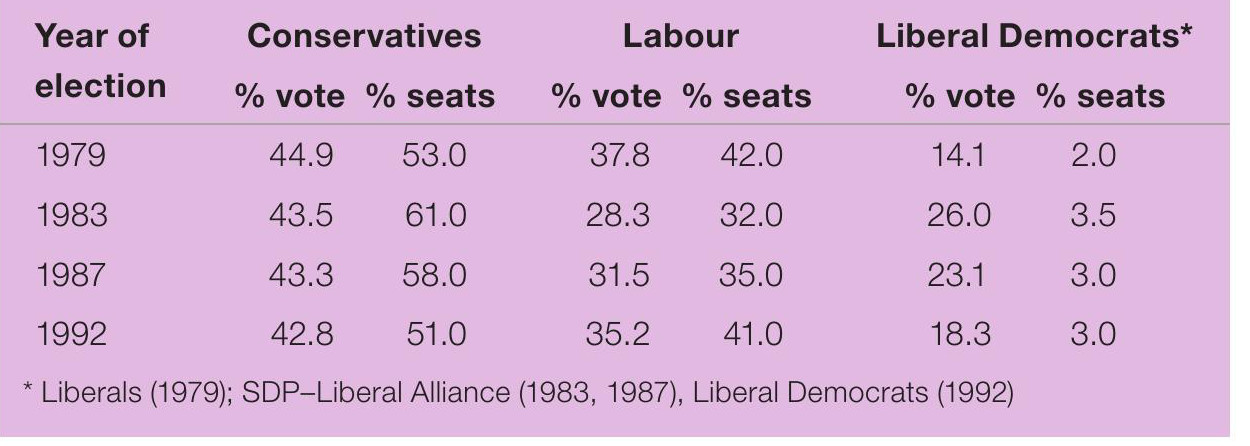
In modern democracies elections have a pivotal role to play. They are the main mechanism by which the ‘will of the people’ is to be measured. Given the complexity of government today, the people cannot be consulted on each and every issue, and so representative democracies, through the use of elections, provide for voter choice in the selection of the government and their policies. If we are to ensure that the ‘will of the people’ is achieved, the role of the electoral system is of paramount importance.
There can be little dispute that the system used for UK general elections fails to fulfil this basic and essential purpose. That is to say, first-past-the-post does not accurately or fairly represent the ‘will of the people’. In the past this might not have been regarded as too damaging to democracy in the UK, but recently the representative function of the electoral system and its ability to translate votes into parliamentary seats has worsened to a considerable degree.
Your organisation does not have access to this article.
Sign up today to give your students the edge they need to achieve their best grades with subject expertise
Subscribe




